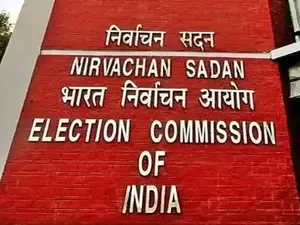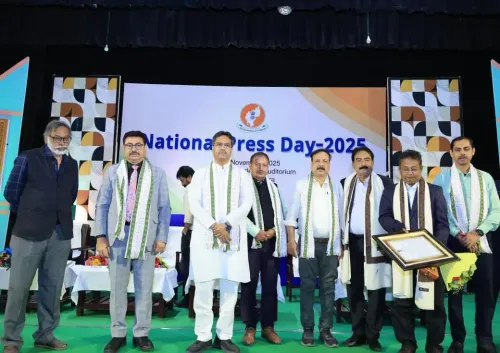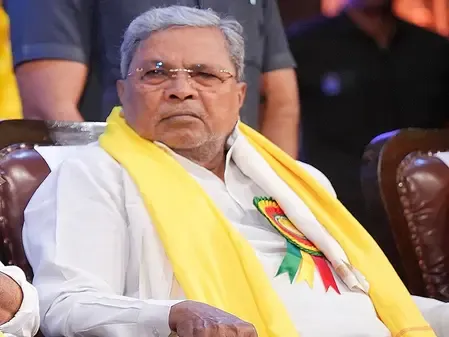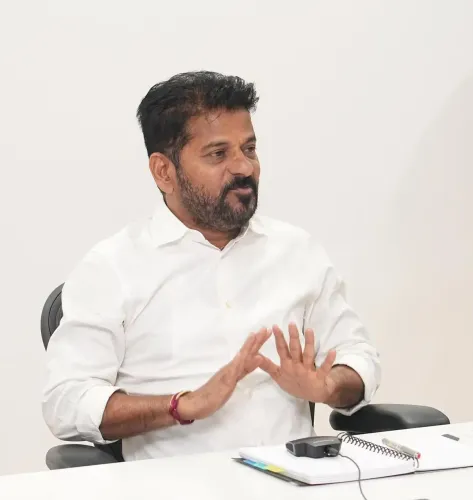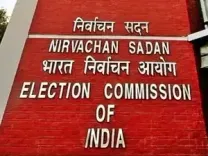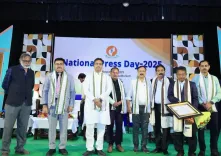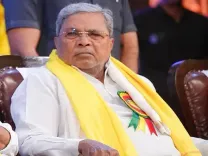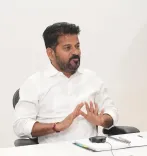Is India's Democratic System Under Siege?
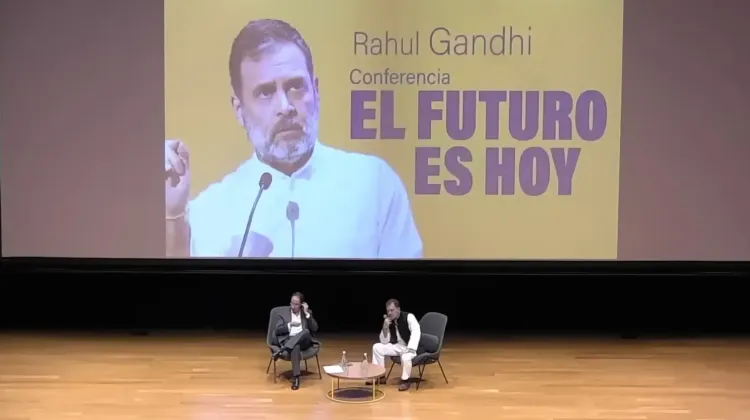
Synopsis
Key Takeaways
- Democracy is essential for India's diversity to thrive.
- India's decentralized structure contrasts with China's centralization.
- Preserving regional languages is crucial for unity.
- Unemployment is a significant challenge in India's service economy.
- A production model must align with democratic values to compete effectively.
Bogota, Oct 2 (NationPress) Congress leader Rahul Gandhi delivered a pointed critique of the Narendra Modi government, asserting that the greatest peril facing India today is a methodical assault on its democratic principles.
Speaking to an enthusiastic audience at the EIA University in Colombia's Envigado, the Leader of the Opposition in Lok Sabha emphasized that India’s strength is rooted in its diversity—its array of religions, languages, and customs—and that democracy is the sole system capable of providing a platform for all these voices.
However, he warned that this system is currently under threat.
Gandhi portrayed India as a multifaceted and decentralized nation, contrasting it with China’s centralized and uniform model. He insisted that authoritarianism cannot take root in India’s design, and efforts to stifle its citizens will ultimately be futile.
"India is a dialogue among its people," he remarked, highlighting that a democratic framework is crucial for allowing diverse traditions and ideas to thrive.
He also addressed India’s role in the global energy transition, drawing historical comparisons with the ascent of empires. The British, he noted, excelled in coal and steam, while the Americans led the shift to petrol and the internal combustion engine. Today, the world is transitioning to electric motors and battery technology, with the real competition lying between the US and China over who will spearhead this shift.
Though optimistic about India's potential, Gandhi warned against internal divisions. He stressed the necessity of preserving regional languages and traditions, cautioning that any attempt to suppress them would be detrimental. He also tackled the pressing issue of unemployment, indicating that India's service-oriented economy is struggling to create sufficient jobs.
In a comparison to the US, he pointed out that Donald Trump’s polarizing campaign resonated strongly with those who had lost manufacturing jobs.
Gandhi underscored the importance of developing a production model that aligns with democratic values, capable of competing with China's authoritarian success.

